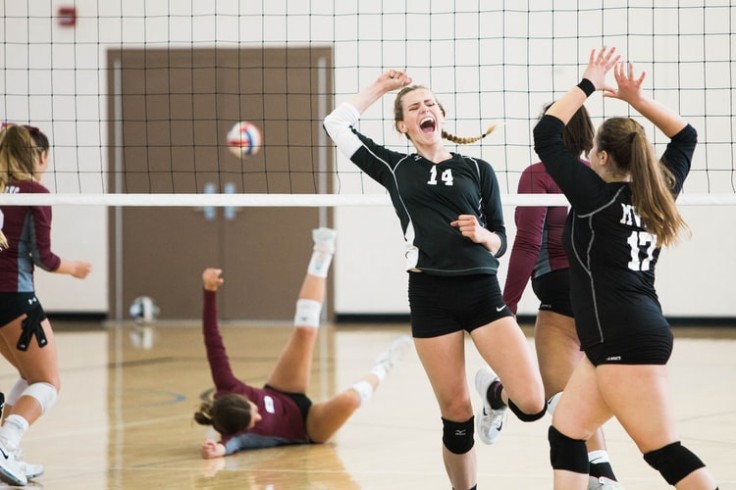
The cliché remains true — kids need sports training for fitness and sportsmanship. But beyond the predictable health benefits of sports for kids, there are disciplines and values that children learn from their trainers, coaches, teammate, and even from their opponents. Read on to find more good reasons why kids need sports.
#1 Child Athletes Develop Meaningful Connections
In a world where many connections are made through digital means, generations of children lose meaningful relationships. Kids are craving connections, yet the way they do it — through social media — only increases their feelings of depression. Meanwhile, sports can have a positive effect on the mental health of children.
What sports do first is to take kids away from their gadgets and social media and out into the real world where they can form true bonds with their teammates. It also helps to have coaches who are very involved in the lives of their players.
ALSO READ : James Harden's Recommended Sports Gears of 2020
#2 Improved Performance in Academics
"How you do anything affects how you do everything," Stack revealed. When children are given a chance to develop their sports training skills, they can have higher levels of success in their academics. They learn to focus and attention to sports that they can bring to their studies.
A National Center for Education Statistics study on high school students found that eight years after their senior year, athletes, compared to non-athletes, fare better in the following:
- Test scores are higher
- Academic achievements
- Fewer mental health problems
- Higher income
#3 Kids Involved in Sports Become More Resilient
When people enter adulthood without resilience, life can be callous. Starting children on sports at an early age can teach them resilience in many ways like:
- How to adapt to changing situations
- How to bounce back from setbacks
- Overcoming challenges
- Overcoming frustrations, doubt, and frustration
- Dealing with injury, pain, fatigue
- Pushing oneself out of one's comfort zone
Children will experience a wide range of adversities in sports. In competitions and races, they learn that in a world that can be brutal, it is the results that matter, Psychology Today revealed.
#4 Taking Losses Gracefully
In sports, a game starts with shaking hands and thanking opponents for the game. It ends in the same manner, and whether you win or lose, you thank your opponents for playing with you. This teaches sportsmanship and an important lesson in life-learning how to accept and cope with defeat.
Sports teach that losing is nothing to be ashamed of. Being a sore loser only ruins the fun of the game. Children can learn to understand and control their emotions after losing. They can learn to be dignified when defeated.
#5 Children Active in Sports Learn to Respect Authority and Be Disciplined
A set of rules governs sports. Authority figures (referees, judges, and coaches) instill in children the discipline to follow the rules and respect the decisions made by more skillful and experienced people in authority.
Discipline is learned right from the training sessions-which are essential to the team's success. In the actual match, children learn to obey rules and orders, which are basic for cooperation and good interaction in sports.
Finally, children learn to take constructive criticism for authority. They learn to respect authority even when they disagree with them, knowing that they need to improve.